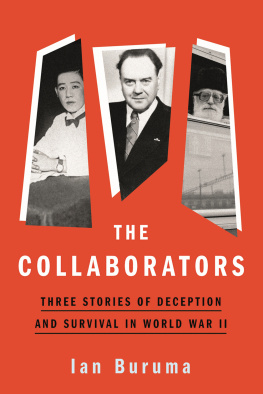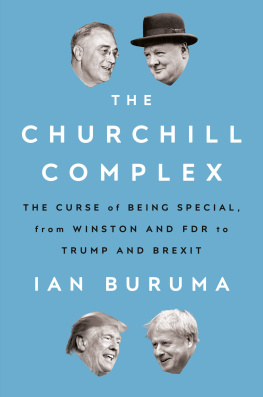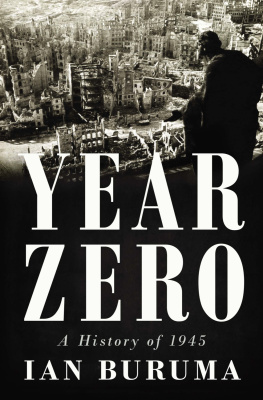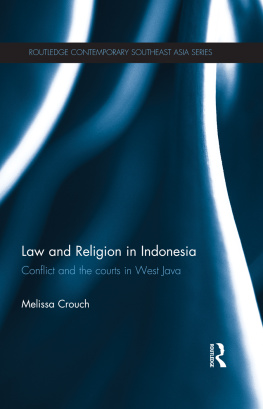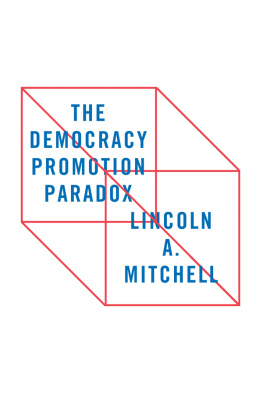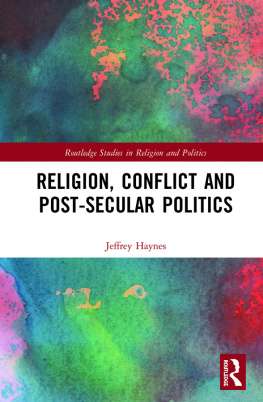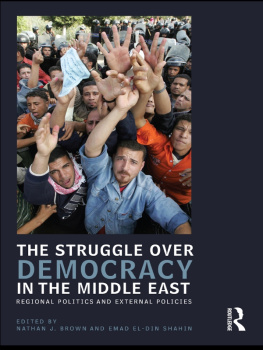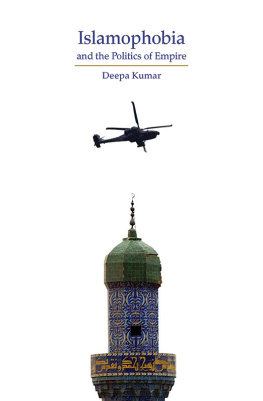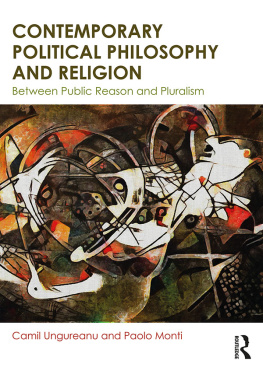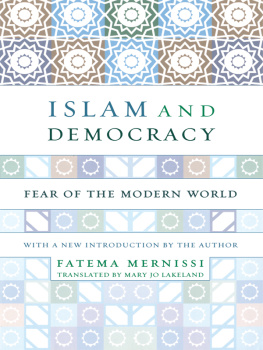TAMING THE GODS
TAMING THE GODS
RELIGION AND DEMOCRACY
ON THREE CONTINENTS
IAN BURUMA

Copyright 2010 by Ian Buruma
Requests for permission to reproduce material from this work should be sent to Permissions, Princeton University Press
Published by Princeton University Press
41 William Street, Princeton, New Jersey 08540
In the United Kingdom: Princeton University Press, 6 Oxford Street,
Woodstock, Oxfordshire OX20 1TW
All Rights Reserved
Library of Congress Cataloging-in-Publication Data
Buruma, Ian.
Taming the gods : religion and democracy
on three continents / Ian Buruma.
p. cm.
Includes bibliographical references (p. ).
ISBN 978-0-691-13489-5 (hardcover : alk. paper)
1. Religion and state. 2. DemocracyReligious aspects.
3. United StatesReligion. 4. EuropeReligion.
5. JapanReligion. 6. ChinaReligion. I. Title.
BL65.S8B87 2010 322'.109dc22
2009031550
British Library Cataloging-in-Publication Data is available
This book has been composed in ITC Caslon 224 Std
Printed on acid-free paper.
press.princeton.edu
Printed in the United States of America
10 9 8 7 6 5 4 3 2 1
FOR MY FATHER,
S. L. BURUMA
CONTENTS
ONE
Full Tents and Empty Cathedrals
TWO
Oriental Wisdom
THREE
Enlightenment Values
TAMING THE GODS
INTRODUCTION
The fact that religion is back is more newsworthy in Europe than in the United States, where religion was never supposed to have been away. But even in the United States, for about half a century between the 1920s and the 1970s, organized religion had not been a major political force. It was always there, especially outside the urban areas, as a social phenomenon. And it impinged on politics. John F. Kennedy, not an especially pious man, had to reassure the voters that he would never take orders from the Vatican. It would have been impossible for a candidate who openly professed disbelief to become president of the United States, and it still is. But Jimmy Carters compulsion to spread the good news of his born-again faith was something of an anomaly. He was a political liberal, however, who never allowed religious authority to interfere with his politics. Since then, the influence of evangelical Christianity in the political arena has grown, mainly but not exclusively as a right-wing, socially conservative force.
Especially during the eight years of George W. Bushs administration, it was a commonplace in Europe to contrast the secular nature of the Old World to the religiosity of the United States. When the ideological positions that had hitched Western Europe and the United States together during the cold war became redundant after 1989, people began to sense a growing rift between the two continents, as though a schism had occurred in Western civilization. Forgetting just how recently the authority of established churches had been diminished even in the most liberal European countries, Europeans talked as though secularism had always distinguished them from the parochial, conservative, God-fearing Americans. It was an understandable perception, because even as the church lost most of its clout in Europe, the faithful gained more political power in the United States, at least in the Republican Party.
It is by no means a sure thing, however, that Christianity will not stage a comeback in Europe or retain its influence on politics in the United States. Even if the old established Catholic and Protestant churches in Europe do not manage to climb back to their former pinnacles of authority in social, cultural, and political affairs, it would be hard to say with certainty that evangelical movements will not appeal to Europeans, as they so evidently do to citizens on every other continent, including Asia. Perhaps it is true that prosperity makes people less eager to be reborn in the bosom of Christ, but who is to say that Europeans will always be as rich as they are now? And the increasing wealth of the south of the United States does not seem to have diminished the appetite for religion among some of its richer denizens, including at least two former presidents.
Radical secularists often assume that any organized faith poses a threat to liberal democracy. In cases where religious authority assumes political authority, this threat is real. Democratic politics are a matter of resolving conflicting interests through negotiation and compromise. A religious institution claiming to represent absolute or divine truth cannot make these necessary compromises without the danger of corrupting its own principles, never mind political ones. This is why devout Christians, mainly Protestants, in Europe as well as the United States were often the first to advocate the separation between church and stateto protect the integrity of their faith.
Although it would be absurd to claim that organized religion is incompatible with liberal democracy, tensions between religious and secular authority remain. My book is an attempt to sort out, in different cultures, how democracies have been affected, for better or worse, by these tensions. I do not assume to cover all religions, in all countries. That would be an impossible task. I have concentrated on Western Europe and the United States, as well as the two countries in Asia that I know best, Japan and China. One of my main guides in this venture is a great European thinker who wrote a classic about the United States of America, and even had interesting things to say about Islam: Alexis de Tocqueville. In his view, democracy in the United States could be established because Americans shared a Christian faith, specifically a Protestant faith, whose free agents observed clear boundaries between their churches and the democratic state. Tocqueville was worried, for good reason, that matters in Europe were not quite so simple. There, particularly in Catholic nations, religious claims were often seen as a barrier to democratic rule.
My book consists of three parts, one on church and state relations in Europe and the United States, one on religious authority in China and Japan, and one on the challenges of Islam in contemporary Europe. The thread that runs through these inquiries, despite their wide diversity in space and time, is the question posed by Tocqueville: what is needed, apart from freedom of speech and the right to vote, to hold democratic societies together? Is the rule of law enough, or do we need common values, ethics, mores? And what is the role of religion in all this; is it a help or a hindrance to liberal democracy?
What Tocqueville could never have foreseen was the rise of Islam as a major factor in European politics. Even though, statistically, pious Muslims only constitute a small minority of European citizens, Islam is a close rival to Christianity in some areas as the largest organized religion. Exactly what this means in terms of social or political authority is hard to measure, since unlike Roman Catholicism or established Protestant denominations, there is no Muslim Church, with a comparable hierarchy of priests. It would be difficult for most Muslims to establish a common program; their cultures, backgrounds, interests, and beliefs are too diverse, which is one reason why there are, as yet, no Muslim political parties in Europe. But still, practicing Muslims, including the majority of law-abiding believers who have no truck with any violent political ideology, are posing a challenge to the secular certainties gained by Europeans in the last thirty years or so.
Next page

